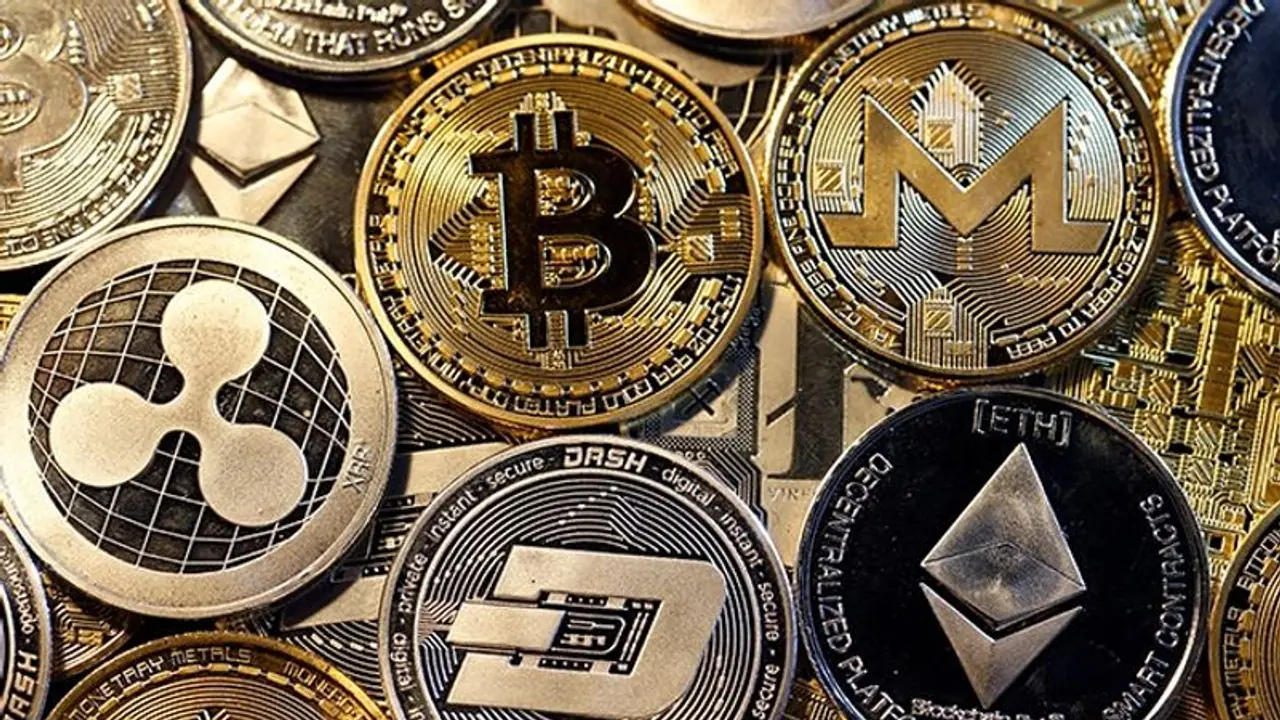A day after Russia's invasion, the global crypto market cap, according to CoinMarketCap, stands at $1.71 trillion, a 7.67 percent increase over the last day.
Amid harsh financial sanctions imposed by the United States, the United Kingdom, and other countries, Russia may be looking at cryptocurrency to tide over immediate issues. But the cryptocurrency market itself is going through a turbulent phase on account of the Ukraine invasion.

The cryptocurrency market nosedived when Russian President Vladimir Putin announced that his troops will cross the border into Ukraine. All major cryptocurrencies took a hit with the market cap plunging by over $200 Billion (12 percent drop).
A day after Russia's invasion, the global crypto market cap, according to CoinMarketCap, stands at $1.71 trillion, a 7.67 percent increase over the last day.
Bitcoin plunged to $34,909 on February 24 from $38,951 a day earlier. Overall, Bitcoin was down 5.1 percent on a seven-day average. However, in the last 24 hours, Bitcoin recovered by 10.6 percent to touch the $38,674.
A similar trend was noted with Ethereum which plunged 9.68 percent to touch a low of $2314.72 on February 24. A day later, the cryptocurrency regained 12.21 percent to trade at $2,632.
Meanwhile, Russia is yet to clarify the legal status of cryptocurrencies.
According to a recent government paper, millions of Russians own more than 2 trillion Rubles ($22.9 billion) worth of cryptocurrencies. Another media report said that over 17 million Russians, 12 percent of the total population, are cryptocurrency owners.
And with the United States imposing sanctions on Russian elites and their family members, including Sergei Ivanov (and his son, Sergei), Nikolai Patrushev (and his son Andrey), Igor Sechin (and his son Ivan), Andrey Puchkov, Yuriy Solviev (and two real estate companies he owns), Galina Ulyutina, and Alexander Vedyakhin, Moscow may just allow them to deal in crypto regardless of its legal status.
That's because cryptocurrencies operate outside of standard global banking, with transactions being recorded on a public ledger called the blockchain.
